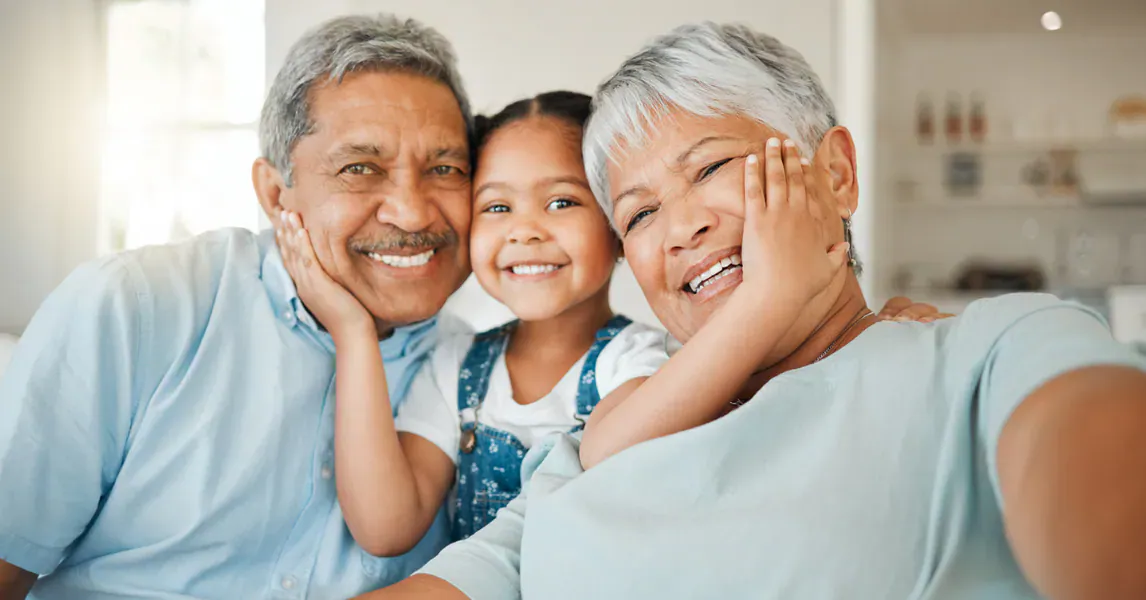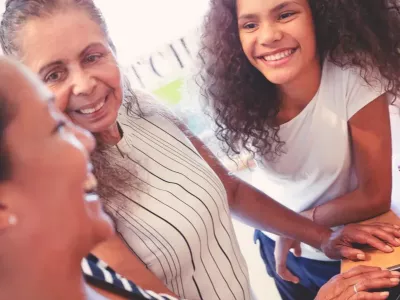Supporting Grandparents In A Gen Alpha World With Children’s Anxiety On The Rise

This Grandparents Day (29 October), experts at the Triple P – Positive Parenting Program ask that we acknowledge the new and difficult challenges that grandparents face while caring for their grandchildren from the era of Gen Alpha, but also encourage them to trust their own experience and wisdom.
Dr Alan Ralph, Triple P International Head of Training, said that with more grandparents helping out with grandchildren, which can alleviate living costs for parents, we need to be mindful that these grandparents were not raised in a generation where mental health or anxiety were talked about openly.
“Australia’s grandparents are now the biggest providers of informal child care for children, but at a time when according to the Australian Psychological Society, children are living with increased levels of anxiety and stress. On top of that, grandparents also need to grapple with new technology and the ever-changing world of social media, and might feel ill-equipped to support their grandchildren when issues arise,” Dr Ralph said.
“In our grandparents’ generation, anxiety in children was often described as a passing phase or stage. But now we know it’s important to help children develop coping skills to manage their anxiety without resorting to negative practices, like yelling or forcing them to do certain things when they are not ready.
“Even though this generation of kids may appear to be vastly different, grandparents should still trust in their own experiences and wisdom. While it's true that talking about mental health and anxiety may not have been common during their time, that doesn't mean they're not well-equipped to offer invaluable understanding and support.
“They have the benefit of experience, as well as perspectives that come from having witnessed multiple generations grow and develop,” Dr Ralph said.
Three tips to help grandchildren who are experiencing anxiety:
- Recognise, understand and accept a child’s feelings. For example, communicate it’s okay to experience uncomfortable feelings (e.g. anger, sadness) as well as comfortable feelings (e.g. happiness, confidence) and appropriately share your own feelings, without dwelling on upsetting or worrying events.
- Teach children how to express their feelings in a way that is not going to be hurtful to themselves or others. Chat with them about their emotions and listen to them without telling them how to feel. And lead by example, showing them how to express feelings appropriately.
- Help children develop an optimistic outlook. This can make all the difference in their ability to persevere when things get difficult. One effective way is to do some activities that can help kids learn how to stick with challenges, such as playing games that require teamwork or problem-solving skills, like puzzles or board games.

